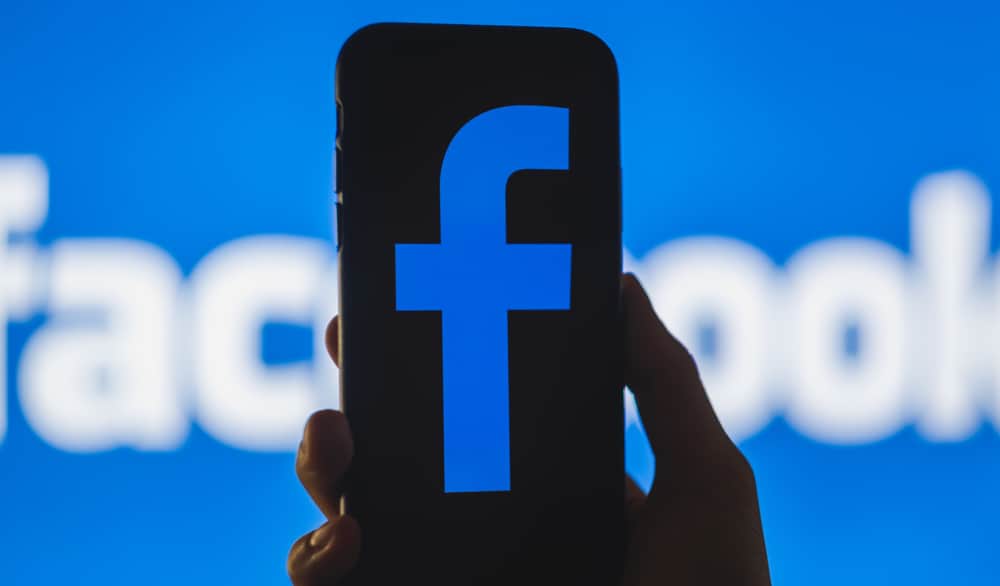Pages can be a great way to connect and network over Facebook. Still, sometimes you just don’t resonate with the pages you follow, so how do you leave pages on Facebook? Pages are more impersonal than profiles. So instead of “friends,” they have “fans.” Zuckerberg formed pages in November 2007, and it’s been a game-changer so far. Pages have created a separate hub for conducting the more formal affairs of social networking. Rather than going on an “unfriending” spree, leaving Facebook pages is a much easier and guilt-free way of filtering your Feed! This article discusses further how to leave a Facebook page, how to delete one, and what happens after.
Steps for Removing Yourself From a Facebook Page
Leaving a Page You Have Liked
If you have no affiliation with the page, leaving it is easy. Follow these steps to unlike a page:
Leaving a Page You Are Admin On
It is a bit trickier to leave a page on which you have some kind of role. Follow these steps to remove yourself from a page you are affiliated with: Once you follow and confirm these steps, you’ll be removed from the Facebook page. If you can’t seem to remove yourself following these steps, that is because you’re the only admin.
What To Do if You Can’t Remove Yourself From a Facebook Page?
You usually can’t remove yourself because you’re the only admin of the page. In this case, Facebook will not allow you to ‘leave’ the page. You must either add another admin to the page to remove yourself or delete the whole page altogether.
How To Delete a Facebook Page?
If you’re the only admin of the page and can’t find another admin, you have to delete the page altogether. You can follow these steps to delete your page: However, the good news is that a deleted page can still be recovered within 14 days of the action. If you cancel deletion, your page will be fully recovered, and you can use it like before.
What Happens After Leaving a Facebook Page?
As obvious as it sounds, you will not be able to engage with the page anymore. The Facebook page will still be visible and available for the public to join. In fact, you can even request to join it again according to the specific page rules set by the editor. However, unlike before, you won’t be receiving any updates or post notifications regarding any activity on the page. This way, you will also be able to avoid any unnecessary traffic in your notification center.
Conclusion
Handling pages is relatively simple. They’re made to aid those who need information on a specific area of expertise, such as art, culture, music, business, etc. We always advise you to follow relevant pages as they can vamp up your Facebook feeds and keep you posted on your favorite fields of interest. However, it’s only natural that our interests keep changing! In that case, you can just follow our simple guidelines and skim through your least favorite pages. Another significant difference between the two is that profiles have friends and pages usually have members or “fans.”
